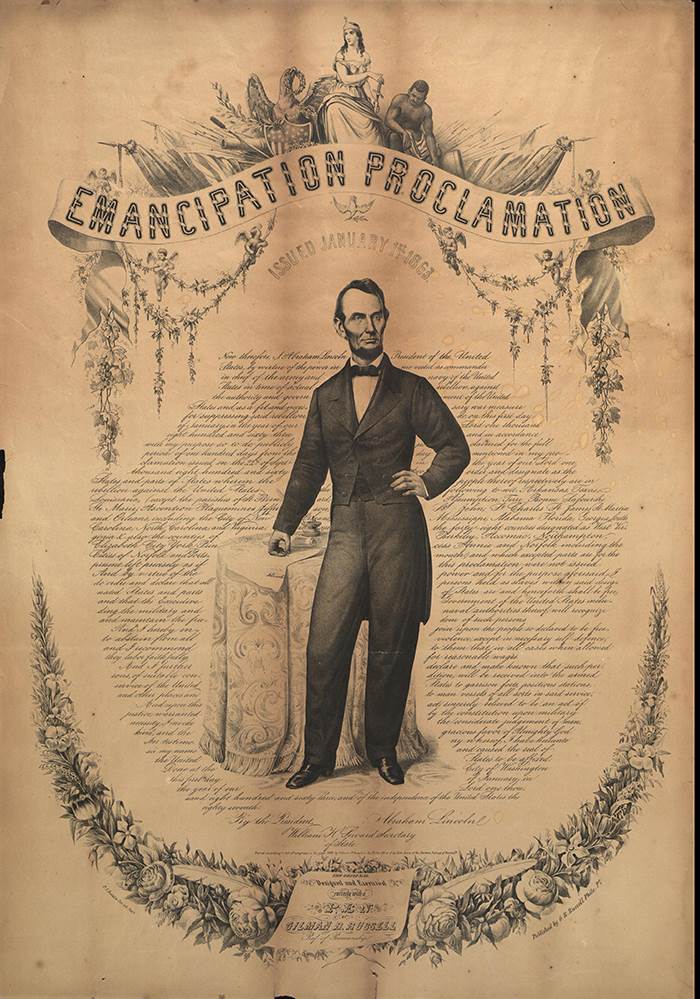Cast your Vote
 For those that don't know, Juneteenth is a federal holiday established by the United States government. Legislation was brought forth by Senator Ed Markey and was supported by the late Representative Sheila Jackson Lee, among others. Joe Biden signed the bill into law on June 17, 2021.
For those that don't know, Juneteenth is a federal holiday established by the United States government. Legislation was brought forth by Senator Ed Markey and was supported by the late Representative Sheila Jackson Lee, among others. Joe Biden signed the bill into law on June 17, 2021.
Some see Juneteenth as being culturally important for all Americans. The intention of Juneteenth is to acknowledge the emancipation of Black people who were freed from slavery. It might seem logical to call this holiday Emancipation Day, as "Juneteenth" has a connotation that denotes the illiteracy of slaves during the time. The combination of "June" and "nineteenth" potentially suggests an unsophisticated manner of speaking. Moreover, to celebrate freedom a person should have had all along could conceivably be insulting.
Many have expressed feelings that it is an insincere notion intended to deflect from other issues such as voters' rights and police brutality. The day may better serve to commemorate a shameful time period in America, as colonialists who rebelled against British rule to secure their freedom were subjugating Africans. People native to the land known today as America use Thanksgiving in a similar manner, observing it as a day of mourning.
Americans became independent in 1776, but, remarkably, it took another 89 years for the abolition of slavery to occur. Slavery, after all, had been a 246-year-old institution by 1865, though the initial date of African enslavement in America is often debated, with 1619 marking a pivotal early moment when slaves arrived in Jamestown, Virginia. General Sherman's unfulfilled promise of 40 acres and a mule to freed slaves, followed by widespread killings of Blacks in various massacres (Tulsa Race Massacre, Elaine Massacre, Memphis Massacre, Colfax Massacre, Atlanta Massacre, etc.), established that racism was a common practice throughout the country.
To this day, data points to a biased criminal justice system festering in America, which gives strong support to arguments saying systematic racism exists, further illustrating that Black people aren't exactly free. Black Americans are incarcerated in state prisons at a rate of approximately 1,096 per 100,000, which is nearly 5 times the rate of white Americans (214 per 100,000). Studies have shown that Black men receive sentences that are, on average, 19% longer than white men for the same crimes. Approximately 2.4% of the adult Black population (about 1.1 million people) is disenfranchised due to felony convictions, a rate higher than any other racial group. This compares to about 1.1% of the non-Black population.

